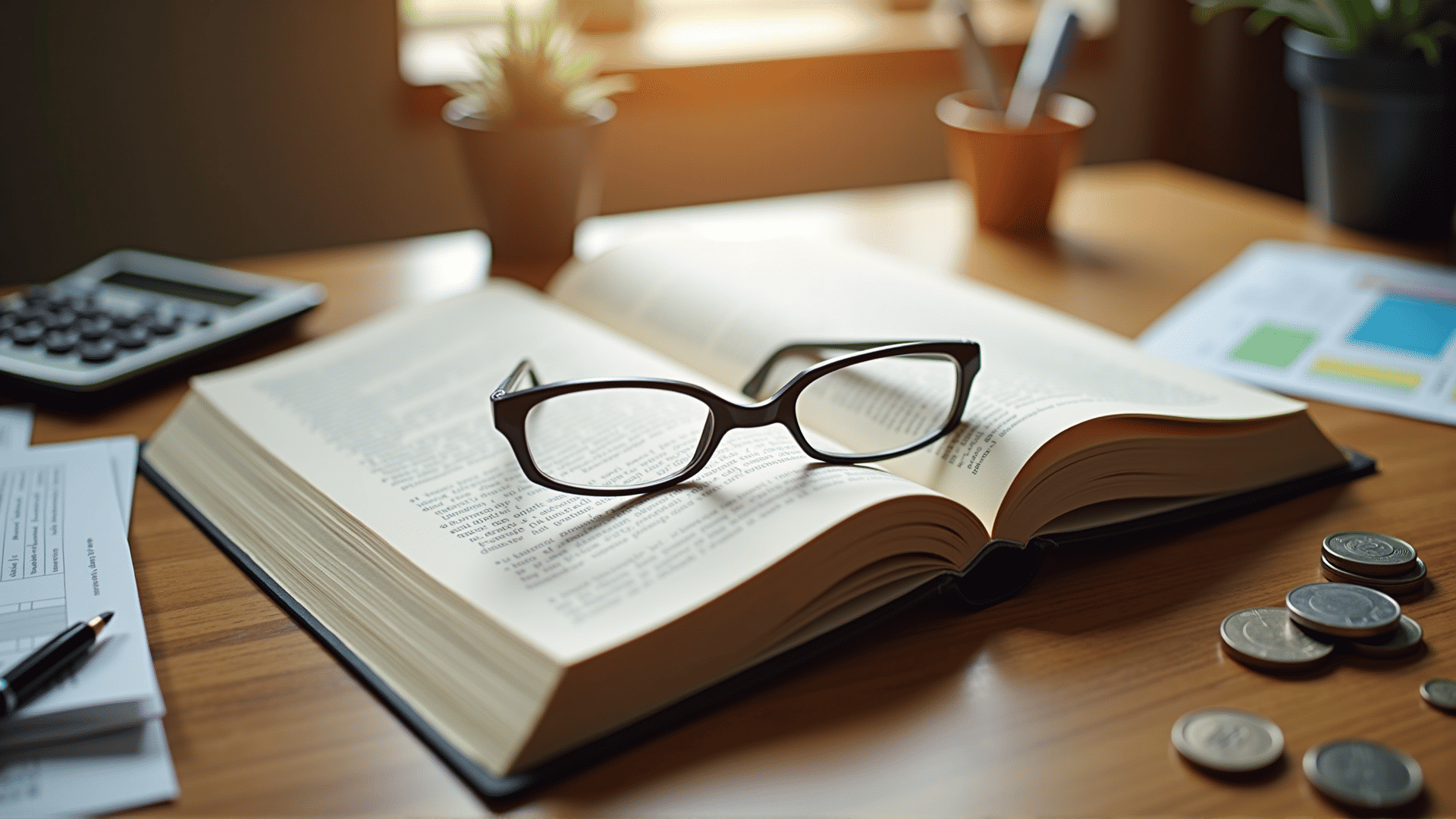In today’s ever-changing world, understanding the intricacies of personal economics has become not just beneficial but essential. Effectively managing your financial well-being requires a solid foundation of knowledge across a diverse range of topics. This guide aims to equip you with the necessary tools to make informed decisions about your economic future.
Budgeting Basics
At the heart of effective personal economics is the concept of budgeting. A budget is a plan that allocates your resources, typically on a monthly basis, allowing you to track how much you earn, spend, and save. Start by listing all sources of income and then outline your expenses, categorizing them into needs and wants. The main goal is to ensure that your essential expenditures don't exceed your income while still leaving room for savings and occasional leisure.
Saving Strategies
Saving doesn't just mean setting aside money but doing so smartly. Aim to save at least 20% of your income. You might consider opening a savings account dedicated to emergencies and another for long-term goals. Automating your savings transfers can also aid in consistently setting aside a portion of your earnings.
Understanding Credit and Loans
An essential component of personal economics is comprehending how credit functions and knowing how to use it responsibly. Your credit score impacts your ability to borrow funds and is influenced by factors like payment history and total debt. It’s advisable to maintain low outstanding balances and make timely payments to cultivate a strong credit profile.
Planning for the Future
Thinking ahead is another fundamental aspect of managing your economics. Consider your long-term goals, such as buying a home or securing a comfortable retirement. Start planning early to map out steps necessary for achieving these objectives. This might include enrolling in employer-sponsored retirement programs or exploring other saving options that offer favorable terms over time.
Smart Spending
Being economical doesn’t mean refraining from all spending but rather making informed choices. Differentiate between necessities and luxuries, and prioritize your expenditures accordingly. Consider implementing practices like comparing prices, using discounts, and waiting for sales to maximize your purchasing power without stretching your budget.
Protecting Your Assets
Safeguarding what you have is just as important as acquiring more. Consider protecting your earnings and savings through various means, such as creating an emergency fund. Additionally, adopting good practices such as regularly reviewing your account statements can help you detect any discrepancies early on.
Conclusion
Achieving mastery over personal economics requires dedication and continuous learning. By sticking to a budget, saving wisely, understanding credit, planning for future needs, spending smartly, and protecting your assets, you can pave the way to a stable and prosperous economic journey. Remember, sound economic principles form the foundation of a secure and stress-free financial life.
